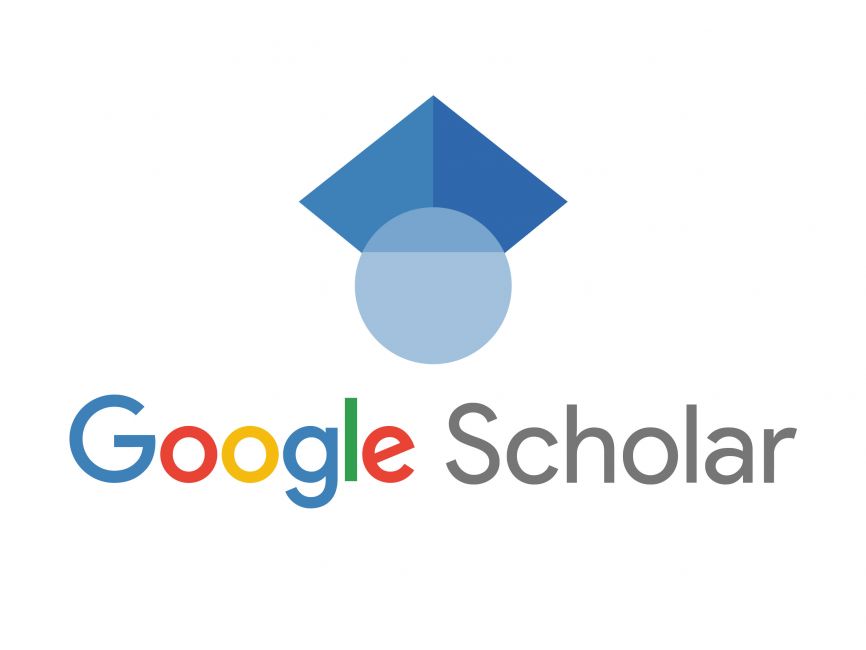Socio-Ecological Justice in Waste Governance: Community Resilience in Peri-Urban Piyungan, Yogyakarta
DOI:
https://doi.org/10.59012/jsb.v3i2.78Keywords:
Socio-ecological justice, urban waste governance, Piyungan landfil, environmental inequality, community resilienceAbstract
This study explores the socio-ecological injustices embedded in urban waste governance, focusing on the overburdened Piyungan Final Disposal Site (TPA) in Yogyakarta, Indonesia. Despite the official declaration of the facility's overcapacity in 2024, it persists in operating under emergency conditions in 2025, exerting a disproportionate impact on nearby peri-urban communities. The present study employs a socio-ecological justice theoretical framework that emphasizes distributive, procedural, and recognitional dimensions to explore the exacerbation of spatial inequalities by policy failures, governance dissonance, and lack of public participation. The study utilizes qualitative methodologies, encompassing document analysis, media reports, and secondary interviews, to elucidate systemic exclusion of affected residents from decision-making processes and the absence of sustained compensatory mechanisms. Concurrently, the research identifies bottom-up resilience strategies, including citizen-formed waste cooperatives and media-based advocacy. The findings indicate that sustainable urban development in the Global South cannot rely solely on technocratic or green branding initiatives. Rather, it must address more profound political and ethical questions concerning environmental justice, recognition, and community agency. This paper calls for a paradigm shift toward inclusive governance that repositions peri-urban citizens as co-architects of equitable waste management.
References
Progressive International, “Metabolic Fractures in Piyungan: The Waste Emergency in Yogyakarta.” Accessed: Jul. 03, 2025. [Online]. Available: https://progressive.international/wire/2025-02-04-metabolic-fractures-in-piyungan-the-waste-emergency-in-yogyakarta/en/
The Jakarta Post, “Environment Minister Slams Yogyakarta City’s Mounting Waste Problem.” Accessed: Jul. 03, 2025. [Online]. Available: https://www.thejakartapost.com/indonesia/2024/11/20/environment-minister-slams-yogyakarta-citys-mounting-waste-problem.html
Y. Yusriadi, M. T. Ybnu, U. Farida, and S. Tinggi Ilmu Ekonomi AMKOP, “Governance of Waste in Indonesia: Implementing Policies and Role of Local Authorities,” Journal of Indonesian Scholars for Social Research Copyright, vol. 3, no. 2, pp. 124–129, 2023.
Japan International Cooperation Agency (JICA), “Solid Waste Management in Urban Areas: Final Report on Indonesia Technical Cooperation,” https://www.jica.go.jp/project/english/indonesia/016/publications/index.html.
G. A. Ang’ana and Dr. Walter J. Ongeti, “Collaborative Leadership and Performance: Towards Development of a New Theoretical Model,” Journal of Business and Management Sciences, vol. 11, no. 6, pp. 297–308, Nov. 2023, doi: 10.12691/jbms-11-6-1.
D. Orvos, “Just sustainabilities: development in an unequal world,” 2023.
SDGS.UN, “UN General Assembly, Transforming Our World: The 2030 Agenda for Sustainable Development,” https://sdgs.un.org.
L. Guibrunet and V. C. Broto, “The sustainability of the informal city: An urban metabolism approach.”
N. Heynen, “Urban political ecology I: The urban century,” Prog Hum Geogr, vol. 38, no. 4, pp. 598–604, 2014, doi: 10.1177/0309132513500443.
J. E. Black, D. E. Holmes, and L. M. Carr, “A geography of marine plastics,” Irish Geography, vol. 53, no. 1, pp. 59–92, May 2020, doi: 10.2014/igj.v53i1.1411.
Wisang Seto Pangaribowo and Dita Angga Rusiana, “Imbas Penutupan TPA Piyungan, Kota Yogyakarta Darurat Sampah, Bau Tak Sedap Mulai Mengganggu Warga,” https://yogyakarta.kompas.com/read/2023/07/25/080758578/imbas-penutupan-tpa-piyungan-kota-yogyakarta-darurat-sampah-bau-tak-sedap.
D. Anggraini, A. Setyani, A. Hurun Azahria, R. Gistha Rosardi, and R. Septiantoko, “DINAMIKA PERAN TPA PIYUNGAN DALAM KONSERVASI SUMBER DAYA ALAM DI WILAYAH SEKITAR,” 2024. [Online]. Available: https://conserva.unmuhbabel.ac.id/index.php
S. C. W. Sari, S. Samsuri, and D. Wahidin, “Penguatan Kewarganegaraan Ekologis Untuk Mewujudkan Ketahanan Lingkungan (Studi di Kampung Gambiran, Kelurahan Pandeyan, Kecamatan Umbulharjo, Kota Yogyakarta, Daerah Istimewa Yogyakarta),” Jurnal Ketahanan Nasional, vol. 26, no. 1, p. 40, May 2020, doi: 10.22146/jkn.53816.
C. S. Pakidi and B. Tambaip, “Ketahanan Air dan Kearifan Lokal: Studi Kasus Pengelolaan Sumber Daya Air Berbasis Komunitas Adat di Merauke,” Jejak digital: Jurnal Ilmiah Multidisiplin, vol. 1, no. 3, pp. 660–676, May 2025, doi: 10.63822/q8m27758.
Downloads
Published
How to Cite
Issue
Section
License
Copyright (c) 2025 Journal of Society Bridge

This work is licensed under a Creative Commons Attribution-ShareAlike 4.0 International License.
License
Journal of Society Bridge is licensed under an Attribution-ShareAlike 4.0 International (CC BY-SA 4.0) license. You are free to:
- Share — copy and redistribute the material in any medium or format
- Adapt — remix, transform, and build upon the material for any purpose, even commercially. This license is acceptable for Free Cultural Works.
The licensor cannot revoke these freedoms as long as you follow the license terms.
- Attribution — You must give appropriate credit, provide a link to the license, and indicate if changes were made. You may do so in any reasonable manner, but not in any way that suggests the licensor endorses you or your use.
- ShareAlike — If you remix, transform, or build upon the material, you must distribute your contributions under the same license as the original.
- No additional restrictions — You may not apply legal terms or technological measures that legally restrict others from doing anything the license permits.
Copyright
Authors who publish with this journal agree to the following terms:
- Authors retain copyright and grant the journal right of first publication with the work simultaneously licensed under an Attribution-ShareAlike 4.0 International (CC BY-SA 4.0) that allows others to share the work with an acknowledgment of the work's authorship and initial publication in this journal.
- Authors are able to enter into separate, additional contractual arrangements for the non-exclusive distribution of the journal's published version of the work (e.g., post it to an institutional repository or publish it in a book), with an acknowledgment of its initial publication in this journal.
- Authors are permitted and encouraged to post their work online (e.g., in institutional repositories or on their website) prior to and during the submission process, as it can lead to productive exchanges, as well as earlier and greater citation of published work (See The Effect of Open Access).





